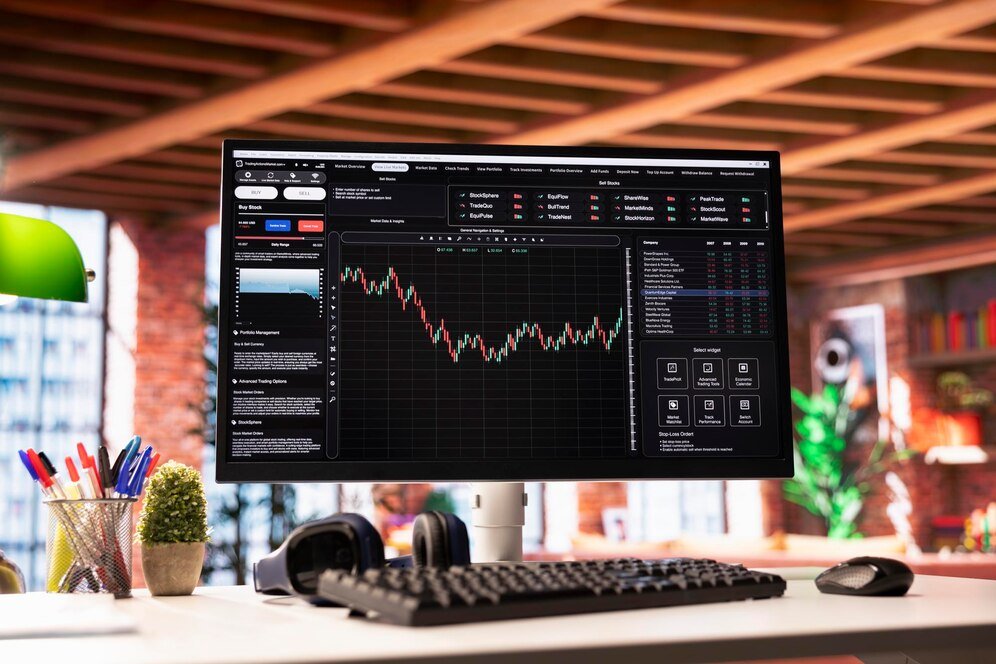The rise of cryptocurrencies has led to the emergence of various trading platforms, primarily categorized into centralized exchanges (CEXs) and decentralized exchanges (DEXs). Each type of exchange has its own unique features, advantages, and disadvantages. This blog will explore the key differences between centralized and decentralized exchanges to help you determine which option may be better suited to your trading needs.
1. Understanding Centralized Exchanges (CEXs)
What Are Centralized Exchanges?
Centralized exchanges are platforms where transactions are facilitated by a third party that acts as an intermediary. These exchanges manage the order book and execute trades on behalf of users. Popular examples include Binance, Coinbase, and Kraken.
Advantages of Centralized Exchanges
- User-Friendly Interface: CEXs typically offer intuitive platforms that are easy to navigate, making them ideal for beginners.
- High Liquidity: Centralized exchanges often have a large number of users, which translates to high trading volumes and liquidity, facilitating quicker trades.
- Advanced Features: Many CEXs provide advanced trading tools, including margin trading, futures contracts, and various order types.
- Customer Support: Centralized exchanges generally offer customer support services, helping users resolve issues more effectively.
Disadvantages of Centralized Exchanges
- Security Risks: CEXs are prime targets for hacking and cyber attacks due to the large amounts of cryptocurrency they hold. Users must trust the exchange to secure their funds.
- Regulatory Scrutiny: Centralized exchanges are often subject to government regulations, which can affect their operations and user privacy.
- Custodianship: Users do not have control over their private keys, meaning they are dependent on the exchange to manage their assets.
2. Understanding Decentralized Exchanges (DEXs)
What Are Decentralized Exchanges?
Decentralized exchanges operate without a central authority, allowing users to trade directly with one another through smart contracts on a blockchain. Examples include Uniswap, SushiSwap, and PancakeSwap.
Advantages of Decentralized Exchanges
- Enhanced Security: DEXs provide users with full control over their funds and private keys, reducing the risk of hacks and theft.
- Privacy and Anonymity: Users can trade without the need for extensive identity verification, allowing for greater privacy.
- Global Accessibility: DEXs can be accessed from anywhere in the world, enabling users to trade without geographical restrictions.
- Lower Fees: Typically, DEXs have lower transaction fees compared to CEXs, particularly for smaller trades.
Disadvantages of Decentralized Exchanges
- Complex Interface: DEXs may have a steeper learning curve for beginners due to their more technical interfaces and functionalities.
- Lower Liquidity: While liquidity is improving for many DEXs, they can still have lower trading volumes compared to centralized exchanges, leading to slippage in trades.
- Limited Features: Many DEXs lack the advanced trading features and customer support that CEXs offer.
3. Comparative Analysis: CEXs vs. DEXs
| Feature | Centralized Exchanges (CEXs) | Decentralized Exchanges (DEXs) |
|---|---|---|
| Control of Funds | Exchange holds funds | Users retain full control |
| User Experience | Generally more user-friendly | Requires more technical knowledge |
| Liquidity | Higher liquidity | Variable liquidity |
| Security | Vulnerable to hacks | Less vulnerable (non-custodial) |
| Privacy | Requires KYC | Generally more private |
| Fees | Higher transaction fees | Typically lower fees |
| Customer Support | Available | Limited or community-based |
4. Which One is Better for You?
When to Choose Centralized Exchanges
- If you are a beginner looking for an easy-to-use platform with robust customer support.
- If you require high liquidity for large trades.
- If you seek advanced trading features like margin trading or derivatives.
When to Choose Decentralized Exchanges
- If you prioritize privacy and control over your funds.
- If you want to avoid regulatory scrutiny and KYC requirements.
- If you are comfortable with the technical aspects of trading and are looking for lower fees.
Conclusion
The choice between centralized and decentralized exchanges ultimately depends on your individual trading preferences, experience level, and priorities. Centralized exchanges offer user-friendly platforms with high liquidity and customer support, making them ideal for beginners and active traders. On the other hand, decentralized exchanges provide greater security, privacy, and control, appealing to those who prioritize autonomy over their assets.
As the cryptocurrency landscape continues to evolve, it’s essential to stay informed about the features and developments of both types of exchanges. By understanding their strengths and weaknesses, you can make a more informed decision that aligns with your trading goals.













